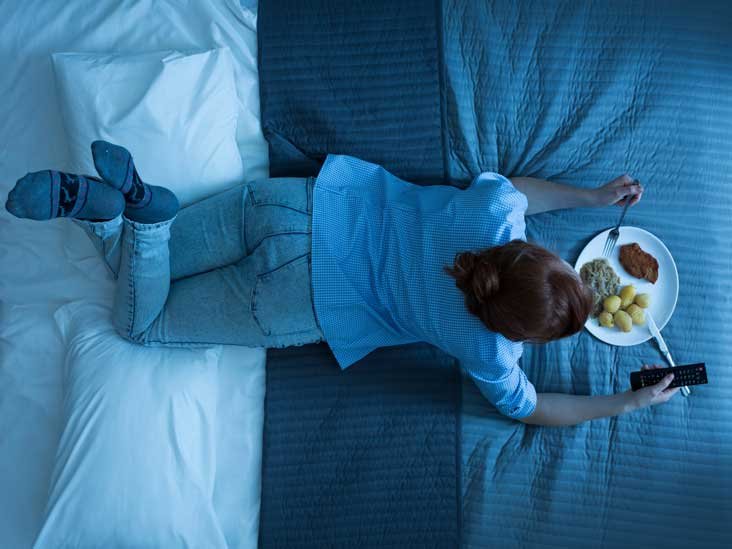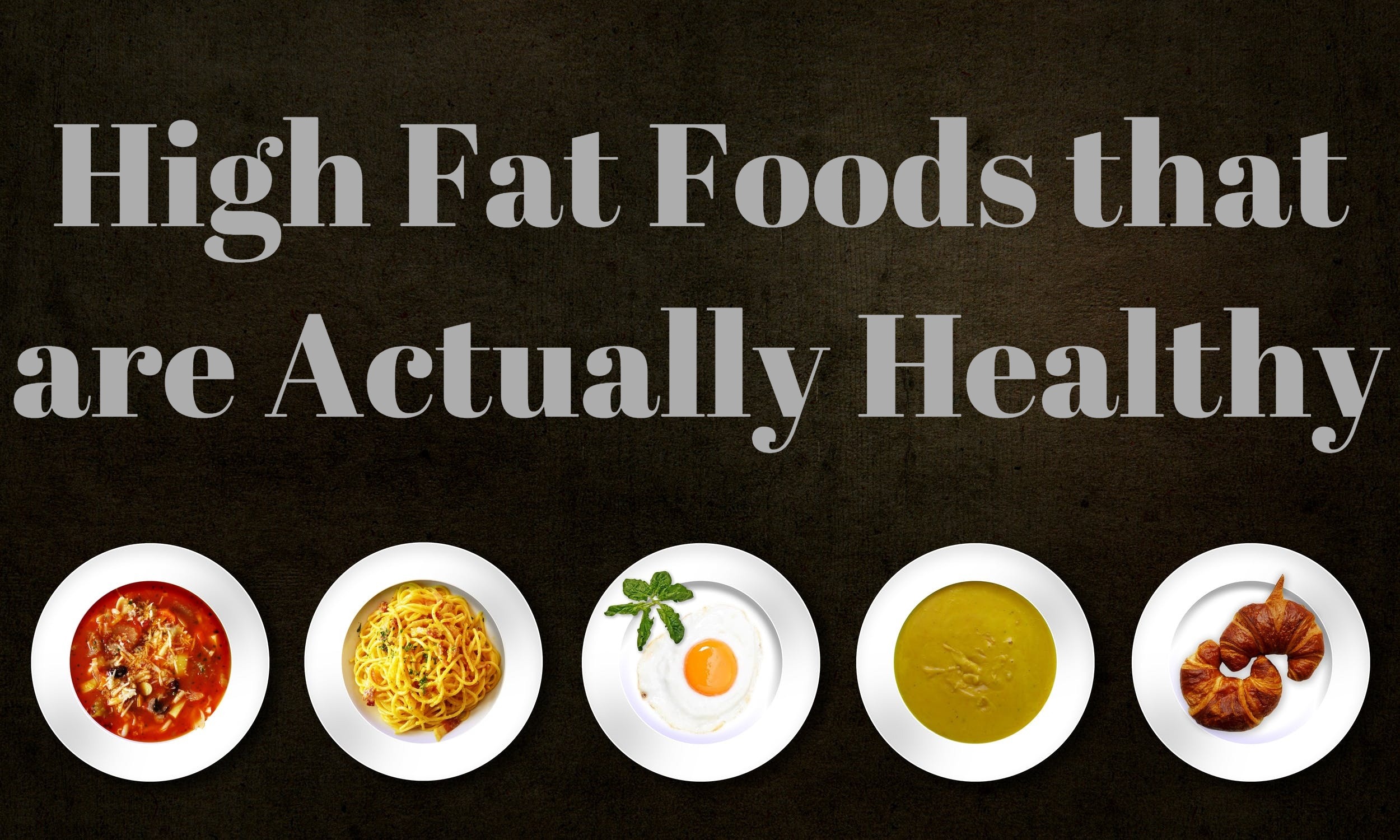We’re gonna be looking at the idea that you shouldn’t eat carbs past say 6 or 7 p.m. because at night you’re so much more likely to store those carbs as fat.
What is metabolism?

In this context here we’re basically using it to refer to metabolic rate which determines basically your total daily energy expenditure or TDEE which is itself a measure of how many calories you earn in a matter of 24 hours.
Resting metabolic rate which is basically the energy your body needs just to keep its internal functions going. So if you just sat on the couch all day long you’d still burn this many calories and it actually occupies roughly half of your total metabolic rate and then the other half is split between exercise activity thermogenesis.
The calories you burn when you exercise, Non-exercise activity thermogenesis. So these are the calories you burn through daily activity but not exercise. Things like just getting groceries, fidgeting at your desk. Then there’s a small sliver for the thermic effect of meals. So when you sleep you won’t be exercising going to groceries or eating any food. So those top three components won’t apply and what we’re really concerned with when it comes to sleep metabolism is resting metabolic rate.
Where did this myth come from?

It is divided into 2 theories.
FIRST THEORY
Metabolism slows down while you sleep and so you should limit your carb intake within some proximity to bedtime because you’ll just be so much more likely to store it as fat than to burn it as fuel.
THE REAL QUESTION WE NEED TO ASK IS: “IS RMR LOWER DURING SLEEP THAN DURING THE DAY?” – Otherwise, sleep in terms of energy expenditure wouldn’t really be any different from any other time point in the day when you’re just resting. Energy expenditure during sleep isn’t significantly different than resting metabolic rate {RMR} during the day.
This was shown by Seal and Conway, who found that overnight metabolic rate and basal or resting metabolic rate are equivalent. In fact, research from Zhang and colleagues showed that sleep metabolic rate does tend to be lower than resting metabolic rate for obese subjects but actually higher than resting metabolic rate in healthy non-obese subjects. They ultimately found that sleep metabolic rate and waking metabolic rate were basically the same with an average sleep to an awake metabolic ratio of 1.0011. They were almost exactly the same. So taken together it really seems to be the case that eating carbs at night is really no different than eating carbs say at your lunchtime meal and then just going back to your desk at rest. There’s nothing special about eating carbs late at night simply on the basis of metabolic differences.
TRANSIENT CHANGES in metabolic rate don’t ultimately determine the fate of one’s body composition which is instead determined by net caloric deficit across a 24-hour or even longer period of time Even if metabolic rate was lower in the nighttime or while sleeping and those nutrients that you ate late at night were being preferentially partitioned towards storage that energy would eventually come out of storage, assuming again a net deficit was in place and it is the net caloric deficit that’s driving these changes in body fat, not transient changes in metabolic rate throughout the day.
DIETARY CARBOHYDRATE is not nearly as readily converted to body fat. Like a lot of people seem to think this is referred to as a process known as de novo lipid Genesis and it’s actually quite rare in humans under normal eating conditions and instead what happens when you eat carbohydrate is your body suppresses its normal rate of fat oxidation. So basically less fat is burned which means more fat is going into storage which is a more dietary fat is going into storage and then that dietary carbohydrate is much more likely shuttled into muscle or liver glycogen or burned off as fuel.
You shouldn’t reduce your carb intake at night because of concerns about decreases in metabolism. First, metabolism doesn’t really seem to be any different during sleep, as it is during the day at rest. Secondly its 24-hour net caloric balance, that determines whether fat is gained or lost. Thirdly, carbohydrates aren’t really that readily stored as fat, to begin with.
SECOND THEORY
Limiting carbs late at night has to do with the fact that insulin sensitivity is lower in the evening. Some research from Biston and Colleagues does support this. When they looked at the insulin response to a morning meal eating at 8:30 in the morning in an evening meal with equal carbs the insulin response was better – the first meal. However, this is clearly most likely due to the fact that there was an overnight fast and there’s a lot of evidence suggesting that fasting does improve insulin sensitivity at the very least acutely and so it would make sense that the insulin response to the morning meal would be better. Then in support of this, the same paper showed that when they compared a mid-afternoon meal absence of a fast to a nighttime meal. There was no difference in insulin sensitivity.
So it isn’t so much that insulin sensitivity is really uniquely bad in the evening it’s just more so to do with the fact that it Peaks early in the morning before the first meal and then it’ll be decreased for all subsequent meals.
This Concerns to do with insulin sensitivity should be focused on improving it over the long term and that the best way to do that is through maintaining a healthy, lean body composition through regular exercise and a generally healthy diet.
IN THIS POST – :
Scientific References:
https://www.ncbi.nlm.nih.gov/pubmed/1…
https://www.ncbi.nlm.nih.gov/pubmed/1…
https://www.ncbi.nlm.nih.gov/pubmed/8…
https://www.ncbi.nlm.nih.gov/pubmed/1…
https://www.ncbi.nlm.nih.gov/pubmed/2…
Very Helpful Reading/Watching:
https://www.biolayne.com/articles/nut…
https://bodyrecomposition.com/fat-los…
https://bodyrecomposition.com/fat-los…
http://colindewaaytraining.com/carb-t…
https://bodyrecomposition.com/fat-los…



